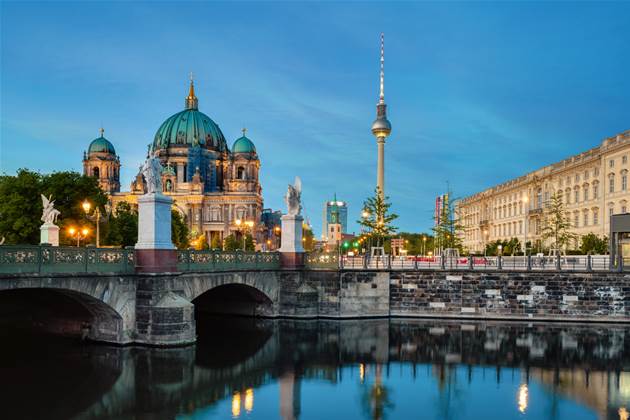
Hi! You've reached one of our premium articles. This is available exclusively to subscribers.
It's free to register, and only takes a few minutes.
Once you sign up you'll have unlimited access to the full catalogue of Australia's best business IT content, as well as a daily news bulletin delivered straight to your inbox.
Register nowAlready have an account? Log in to read this article.


_(20).jpg&h=140&w=231&c=1&s=0)

_(23).jpg&h=140&w=231&c=1&s=0)






 iTnews Benchmark Awards 2026
iTnews Benchmark Awards 2026
 iTnews Executive Retreat - Security Leaders Edition
iTnews Executive Retreat - Security Leaders Edition
 iTnews Cloud Covered Breakfast Summit
iTnews Cloud Covered Breakfast Summit
 The 2026 iAwards
The 2026 iAwards












_(1).jpg&h=140&w=231&c=1&s=0)



